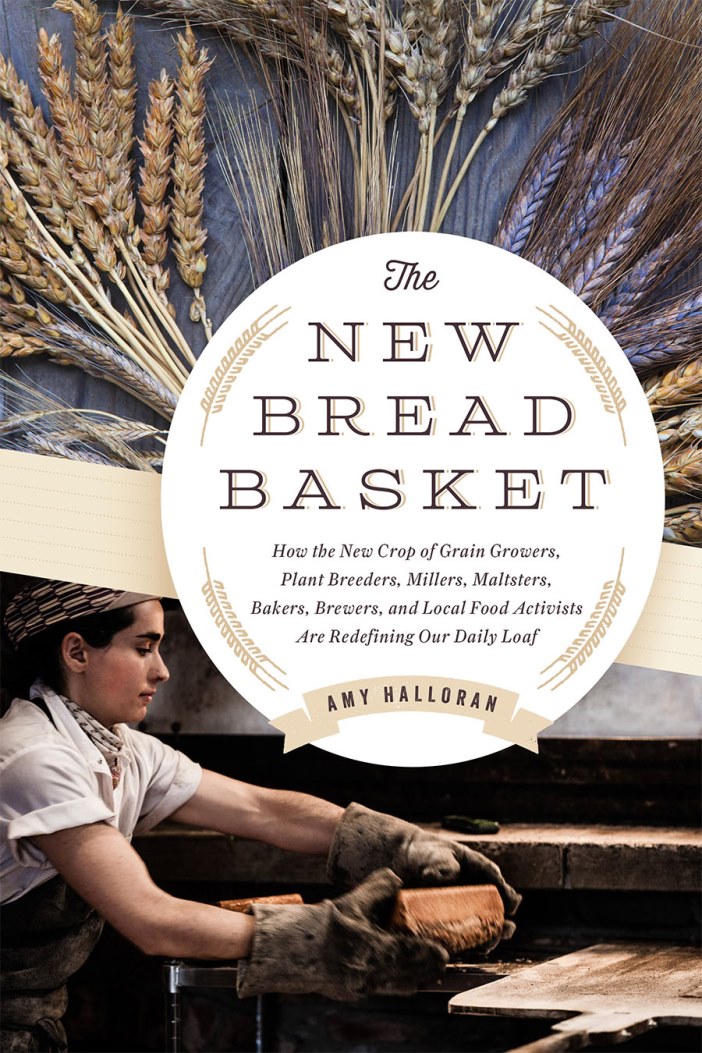The Framing and Celebration of the American Local Grain Movement
DOI:
https://doi.org/10.5304/jafscd.2015.061.002
Keywords:
Local Grain MovementAbstract
First paragraphs:
In the book The New Bread Basket: How the New Crop of Grain Growers, Plant Breeders, Millers, Maltsters, Bakers, Brewers, and Local Food Activists Are Redefining Our Daily Loaf, Amy Halloran takes readers on an imaginative tour of the revitalization of regional grain economies within and across the United States. The harvesting, processing, preparing, and consuming of grains is at the very root of humankind and the subsequent emergence and evolution of society as we know it today. From chapter to chapter, Halloran illustrates this same capacity of regional grain production and consumption to bring people together and help form and sustain meaningful relationships in the context of contemporary local food movements.Perhaps the most important theme to emerge from Halloran's description of the initiatives and strategies of regional grain entrepreneurs and other leaders of the revitalization movement is the importance of community and cross-functional interconnectedness to the growth and development of local food systems. The chapters that compose the book combine to present compelling evidence that the development of regional grain economies requires the fostering of relationships between actors who bring multiple perspectives and diverse forms of capital to common problems. Halloran demonstrates, for instance, the value of such relationships in the second chapter of the book through a description of the collaborative efforts of a farmer, miller, and baker, as well as additional local food champions, to enable the opening of a community-based mill in upstate New York. In this case, cross-trade collaboration resulted in the development of a mill that processes grains grown on the farm on which it is located, as well as from other farms across the surrounding region. In turn, local bakers are now better able to bake with locally sourced and milled flour, which is also being sold to urban customers through New York City farmers' markets. The ability of diverse stakeholders to connect and collaborate proved vital to the mill's success, as well as the farmers, bakers, and markets located both upstream and down-stream from it. This case clearly illustrates the importance of intimate relationships between local food entrepreneurs and leaders positioned across local food supply chains in overcoming problems of scale in production, crop availability, and reliability, access to markets of adequate size, and other challenges. The value of such cross-system collaboration is consistently shown by many of the other cases presented throughout the book....
Metrics

Downloads
Published
How to Cite
License
Copyright (c) 2015 Matthew Mars

This work is licensed under a Creative Commons Attribution 4.0 International License.
The copyright to all content published in JAFSCD belongs to the author(s). It is licensed as CC BY 4.0. This license determines how you may reprint, copy, distribute, or otherwise share JAFSCD content.











